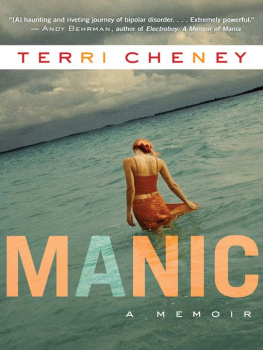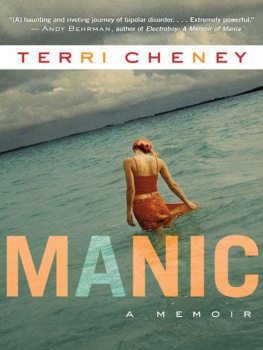HENRY BEARD attended Harvard College and was a member of the Harvard Lampoon during the period when it published nationally noted parodies of Playboy, Life, and Time. He went on to found the National Lampoon with Douglas Kenney (the writer-producer of Animal House and Caddy-shack ) and served as its editor during the magazines heyday in the 1970s. He is the author or coauthor of five New York Times bestsellers Miss Piggys Guide to Life; Sailing: A Sailors Dictionary; French for Cats; Leslie Nielsens Stupid Little Golf Book; and O.J.s Legal Pad and more than two dozen other popular humorous works, including Latin for All Occasions, Xtreme Latin, Bill Gates Super Secret Laptop, The Official Politically Correct Dictionary, Zen for Cats, Mulligans Laws, and a series of humorous pocket dictionaries, including Golfing, Fishing, Skiing, and Sailing.
EPILOGUE
THE TWO-HUNDRED-YEAR-OLD parchments, their edges held down by a scattering of books, lay flat on a spacious conference table next to the empty telescope. Kydd was mesmerized by the astonishing sheaf of documents.
The intercom buzzed. Senator, Bob Woodward is on his way over from The Washington Post, Mike Wallace will be here at noon with a film crew from 60 Minutes, and I have David Boies on the line.
Kydd picked up the phone. It was always a pleasure to speak with the distinguished attorney who had argued Bush v. Gore before the Supreme Court.
Mr. Boies, said Kydd, how would you like to represent thirty-five million plaintiffs in a ten-trillion-dollar property rights case and, in the process, obtain some small measure of sweet revenge over those scoundrels who stole the 2000 presidential election?
Sandra and Franklin stood together on the senators terrace, admiring the spectacular view of the Mall. Visible in the distance was the boxy limestone structure of the National Museum of American History.
Its hard to believe this whole thing started right down there only twelve hours ago, said Franklin. He had inadvertently rested his palm on a dab of pigeon doo on the stone balustrade of the grand balcony, and as he abruptly snatched his hand off the slimy spot, he noticed something odd. His signet ring had swiveled open. He remembered banging the thing against the telescope when he was extricating himself from the Muppet outfit.
My ring! he exclaimed. Its got a secret compartment!
Noooooooo! Sandra wailed.
Wait, said Franklin, peering into the pellet-size recess. Its empty!
No message in tiny type? Sandra demanded. No teensy-weensy radio? No itsy-bitsy computer chip? No microdot? No nanobot? No subplot?
Nothing, said Franklin. They both breathed deep sighs of relief.
You know, he said softly, I wont miss wrestling with stupid puzzles or dodging poison darts, but I am going to miss you.
Sandra smiled and looked into his eyes. Ever notice how in thrillers, right at the very end, the relationship between the heroine and the hero, which up until that point has remained formal and businesslike, suddenly deepens into something far more intimate, and the bond they steadily developed as they faced danger together all at once blossoms into love?
Their lips met in a passionate kiss, and as they embraced, the last of the long, description-laden sentences trailed off across the page toward the final punctuation mark, and there was nothing left but an empty, snow-white expanse of blissfully blank paper.
A N OTE ON THE T YPE
The text of this book was set in Balderdash, a highly embellished barefaced font ideally suited for pulp fiction. Eye-catching and easy to skim, it was originally designed in 1789 by Thomas Buncombe for use in a series of cheaply printed handbills promoting real estate investments on the continent of Atlantis. It is unique in the history of typography for having the minutest fine print ever produced, a completely illegible 1-point condensed version that can be read only through a high-powered microscope.
CHAPTER 1
WILLIAM FRANKLIN watched the hotel television with the eye of a dedicated researcher long attuned to the fascinating possibilities of early twenty-first-century American filmmaking. The surprisingly large-busted heroines of Project Hot Bod: Bimbos of the Kyoto Protocol had reacted to the threat of global warming with laudable ingenuity by removing their bikini tops and joining the hunky surfers in an impressive effort to construct a formidable array of sandcastles as a first line of defense against the rising sea level. Judging by the bulges in the dudes Speedos, some additional hard information regarding the unforeseen consequences of widespread climatological change would be emerging shortly.
The bedside telephone rang with an insistent purr. Franklin looked at his counterfeit Rolex with annoyance. It was 1:30 AM , give or take half an hour. Probably a wrong number. Why do publishers always stick me in these cheesy chain hotels?
Franklin paused the videotape and grabbed the hand-set. Yes?
Professor Franklin, said a chirpy voice, this is Todd at the front desk. There are some, uh, policemen here looking for you.
Franklin instinctively punched the rewind button and switched the channel to PBS. When you are Professor of American Popular History, Urban Mythology, and Supermarket Tabloid Science at Howard Hughes College in Rancho Melanoma, California, as well as Director of the Harding Institute of Paranoid Studies and Chairman of the Tricoastal Center for Lowbrow Culture, Folklore, and Taproom Wagers, a sense of the dignity of ones position requires constant attention to appearances.
There must be some mistake, said Franklin. I had merely inquired of the young lady in your handsomely appointed cocktail lounge if she would like to join me in a simple experiment I am conducting for a paper to be entitled Casual Intergender Social Interaction in Hotel Cocktail Lounges on Business Tripsno harm intended.
The voice on the phone changed. Professor, this is Agent Dan Fine of the Department of Homeland Security. We need your immediate assistance in a matter of the utmost urgency.
Agent Fine, Franklin stammered, there must be some mistake. Im just a college professor.
You can come right down, or we can come up, said Fine in a tone that Franklin remembered from the drill sergeants in his basic training unit at Fort Dix, where for some unknown reason he had been selected to receive special training in Chemical, Biological, and Radiological Warfare. Strange that he would recall that odd fact at this particular moment, but then he did hold a degree in Explanatory Dialogue and Story Advancement from UCLA.
Franklin looked around the room at some of the materials he had been examining for his paper on Sexually Stimulating Miscellanea. The life-size bimbo doll was not going to be easy to deflate.
Ill be right down, he said.
The Georgetown Ambassador Suites Hotel had a tacky if grandiose lobby designed to hold long lines of people waiting to check in behind zigzagging rows of velvet ropes. At this hour of the morning, it was deserted, save for the slightly incongruous sight of four uniformed agents of the Transportation Security Agency setting up what looked like a typical airport screening barrier, complete with walk-through metal detector, carry-on-luggage X-ray device, collapsible metal picnic tables with a stack of large square gray rubber trays, and a couple of folding chairs.

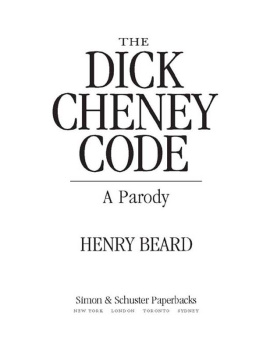

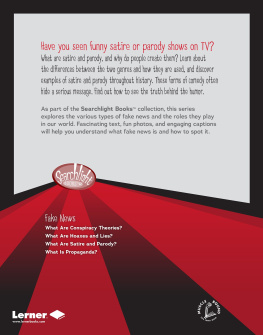
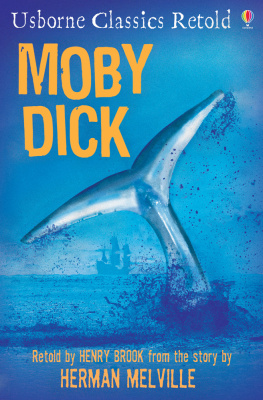
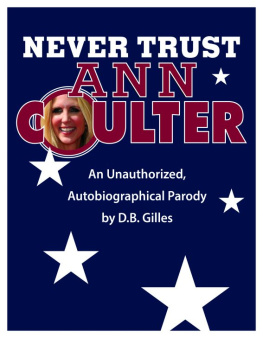
![Cavett Dick - Fields for President [UC]](/uploads/posts/book/171473/thumbs/cavett-dick-fields-for-president-uc.jpg)
